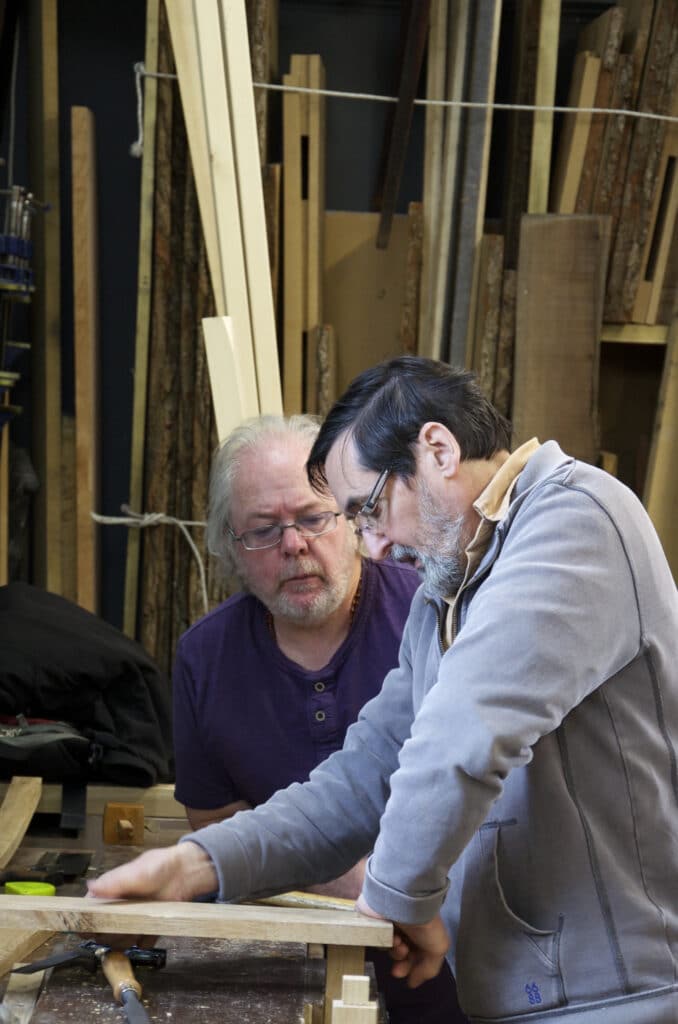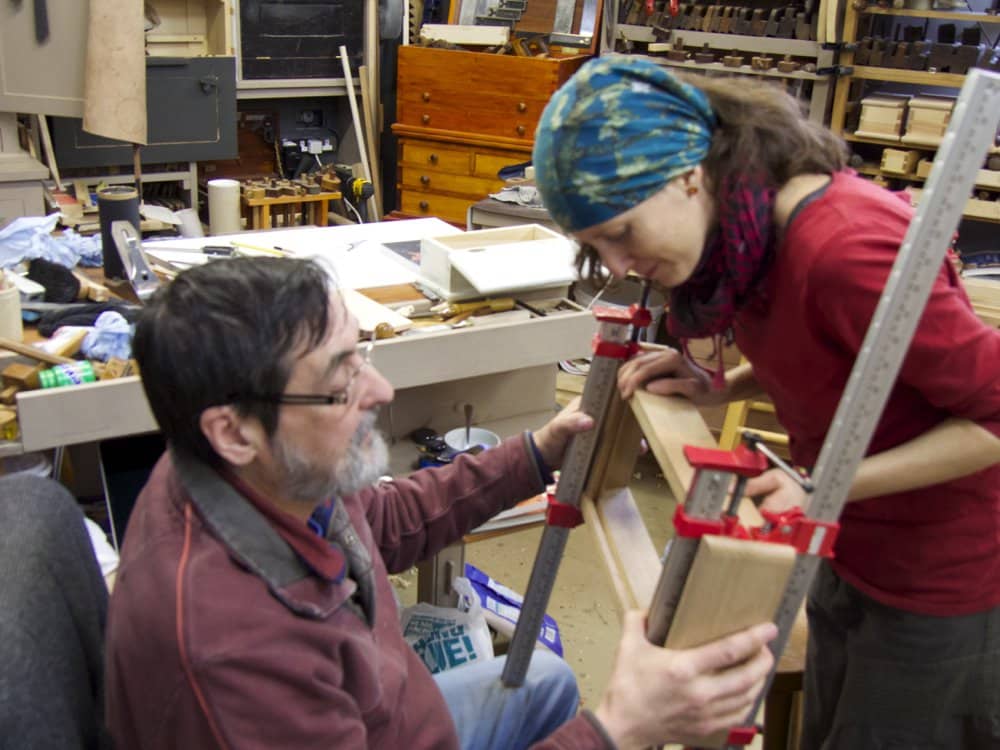The power of amateurism


A willingness to shed machoism seems to me a barrier breaker and you know what, it hasn’t seemed to me at all present these past two days of class and rarely is it present in my classes as a rule. Learning you see takes a vulnerability; a childlikeness if you will whereby we return that condition of somehow taking down the guards to willingly open ourselves up to one another. You see such a thing is a condition we cannot fabricate but it’s a condition of innocence and trust that somehow enables us to absorb and learn knowing that no one around us in the group is going to in any way mock us or take advantage of us or deride us. This is the mark of community amateurism that builds bridges and tears down all manner of cultural barriers and empowers transformation in a body of people wanting to share a segment of life with one another whereby they purposely build one another up and strengthen one another. You see making yourself vulnerable at work exposes you to becoming weak and disadvantaged. Showing any kind of failure or flaw quickly becomes a weakness to advantage others by but here, here in class, in a guild, in a woodworking club, no such harm can come because, well, we are all equal. No money exists and no position of power separates us. We can let our guards down completely in this unique sphere of isolation the existence of which is very, very rare.
I think it’s important to see here that the phrase “ipsa scientia potestas est (‘knowledge itself is power’) cannot be ignored. As long as this ingredient is seen as the potential source for destroying the purity amateurism contains within itself, the power of amateurism will continue to grow and mature into a sharing community destined to make change happen. This is enough to protect and preserve the seed of craftsmanship and it’s to this end that I do what I do. For me, sitting amongst friends new and old in a class for a few days is and always has been a unique privilege that began in a Woodcraft store in San Antonio, Texas one Wednesday evening at 7pm. It was winter time when I unloaded a boxful of hand tools and I went inside as the master furniture maker to make dovetails and shape wood with my hands. 25 men stood and at in a wide circle surrounded by power equipment and I saw how powerful amateurism really was. That was in 1988 or thereabouts. You should never despise the day of small beginnings. Today we reach over a million people every month and this million people have their own sphere outreach with the same message. Amateurs do it because they love it and it’s unstoppable. You can’t buy it or sell it and you can’t bottle it or tax it. You don’t have to explain nor should you need to. Amateurism is something you just do.


Paul,
Great concept and discourse on a powerful creative force. James Krenov always called himself an amateur Woodworker. Certainly not an unskilled woodworker, but one excited about the possibilities in the symphony that is created when creating a piece.
Paul, I think that your observation about “machoism” might be correct. I see it in the workplace all the time. I was thinking: I have known only a handful of female woodworkers and their work was always exemplary even in the beginners’ classes. I don’t think they come to class with the whole pre-conceived notion of machoness. I would also add that the best teachers may be the ones who realize that for the student, there is that vulnerability factor you wrote about. They work with it, not against it…sort of like paring a block of wood!
Sir;
I wanted to thank you for the two, videos on winding sticks, which I just noticed last night, hence the tardy reply.
On a note more apropos to this thread, how about a nod to William Morris? In his time, the gulf between the hands-on professions and those of somewhat more affluence seemed much wider, though many of his arguments seem quite similar to those here presented.
Thank you again for your time, your persistence in debunking the need for the most marketed tools, your tenacity of vision to address the incoming, or struggling woodworker and your skill in selecting the most essential techniques and processes.
Casey
I always ask questions at work when I do not understand something. Maybe it is the field I am in, but most seems willing to answer those questions. When I run into someone that thinks less of me for the questions or does not want to answer them. I just move on. I always try to explain things to people. I am not much with words, but I try my best to help people at work and out of work. I really do not understand people that think that knowledge is something they should only have. We have all learned from someone.
A wise man named Socrates 2400 years ago said “I am the wisest man alive, for I know one thing, and that is that I know nothing.” There’s always “that guy” that has to puff himself up and try to belittle people with snide comments about their lack of knowledge on some point. “Macho” is the right word there. Sometimes they really do know a lot, and are just jerks. Sometimes they don’t know anything and are trying to cover it up by being a jerk.
I was privileged enough to attend one of your courses Paul about two and a half years ago. At the time I remember thinking how refreshingly devoid of machoism the workshop was and how its absence lent itself to a great learning environment. We learnt from yourself, of course, but also from each other. It was a great experience and I benefit from it everyday. Thank you
I read a long time ago (so long ago that I’ve sadly forgotten the author), that knowledge has exactly zero value, until the moment it is shared. It’s value, then is set by the receiver, not by the sender.
I was once apprenticed to a cabinetmaking firm in Auckland NZ, but after six weeks of gluing together solid core fire doors, I went looking for another job! Here I am forty years later, getting all excited about building my own bench so I can start doing what I wanted to do all those years ago.
Thank you Paul, for rekindling that fire.
Regards
Don